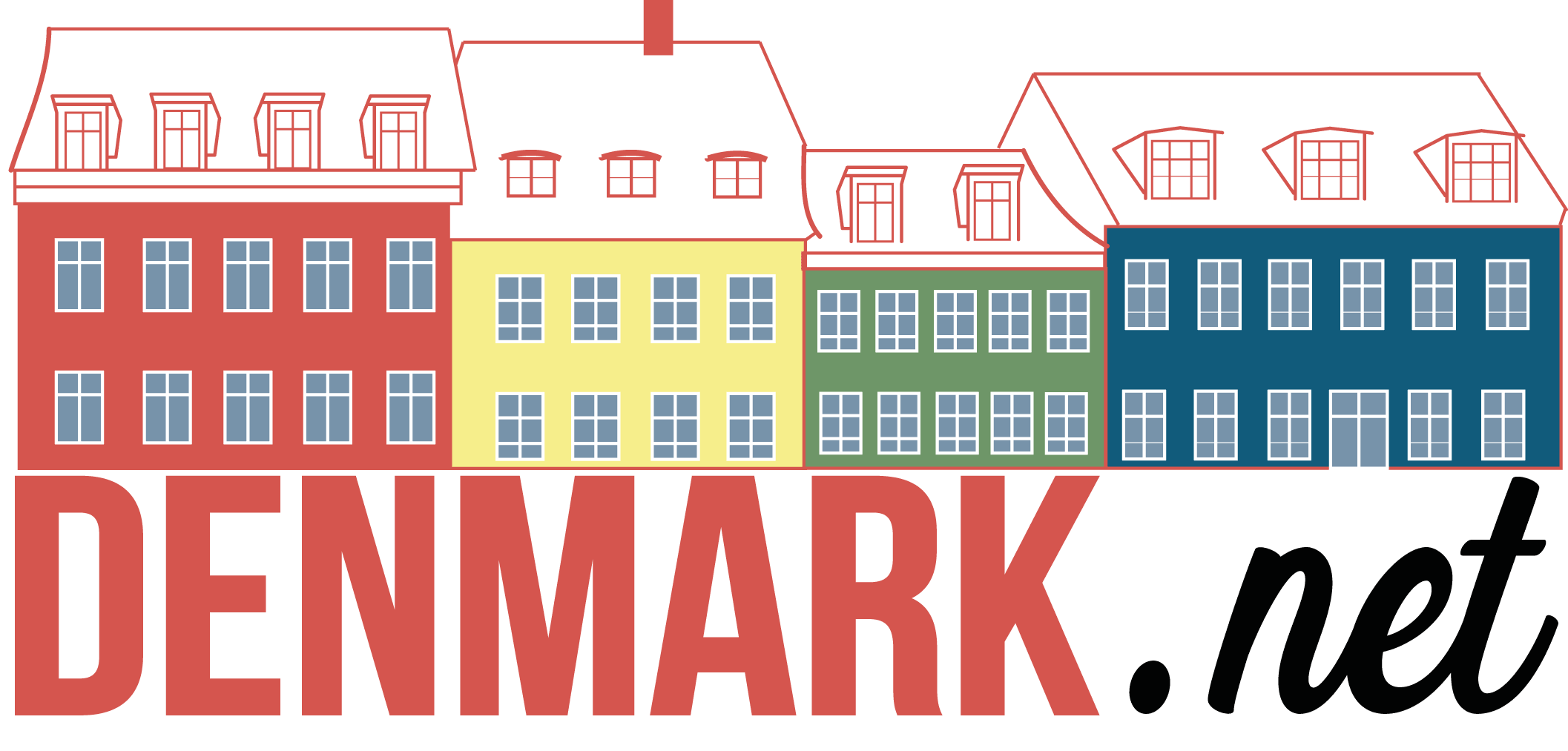The Kingdom of Denmark as Denmark is officially known, follows a constitutional monarchy. Its monarch as represented by Queen Margrethe II functions as the head of state. The Cabinet government however exercises the executive power as presided by the Prime Minister. The executive and national parliament are both vested with legislative powers. The judiciary on the other hand, enjoys independence and security of employment until retirement after being officially appointed by the monarch.
One of the recognized reasons why Danes get to enjoy the quality of life they do is the excellent performance of the country's political institutions. Denmark has repeatedly been recognized as one of the least corrupt countries as determined by international organizations. Transparency and accountability form the foundation of these institutions' operation.
The political system of Denmark allows for multi-parties. There are at least two very strong parties at present with four to five more having significant presence in political exercises. The fact that not one single party has ever held an absolute majority in the parliament or has formed a government alone since the year 1982 should give a clue as to how laws are made in Denmark. Negotations and compromises between and among contending parties are common and this arrangement seems to be working quite well for the country.
This “forced” cooperation between parties allows the check-and-balance system to be fully operational since no single party or individual can railroad approval of laws for selfish reasons without someone or another party questioning them. Danish politics is essentially consensus politics.

Be the first to comment